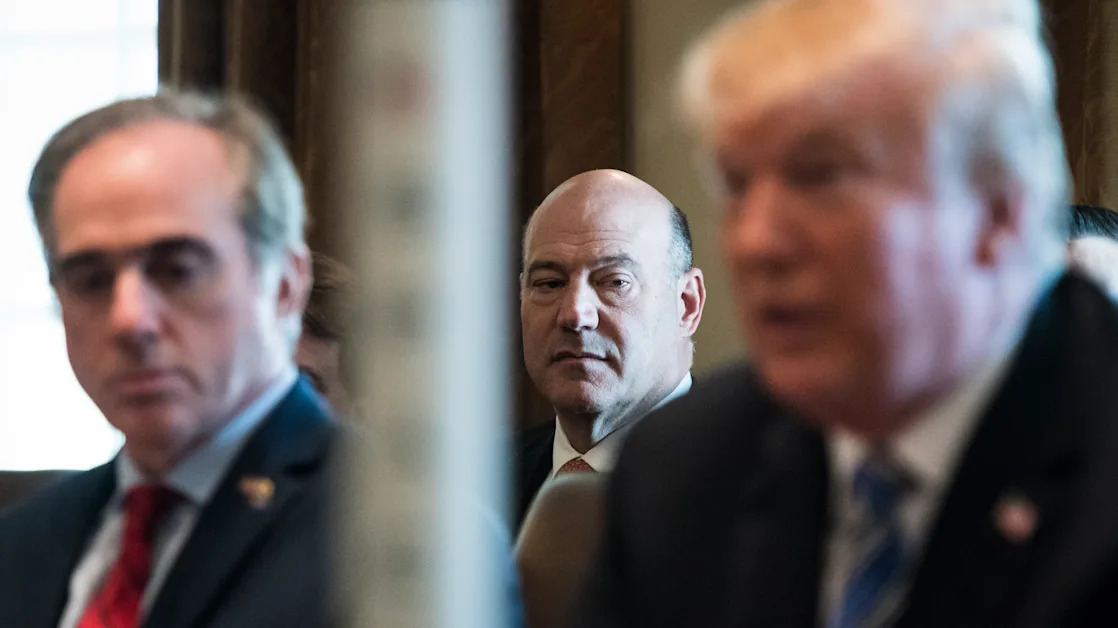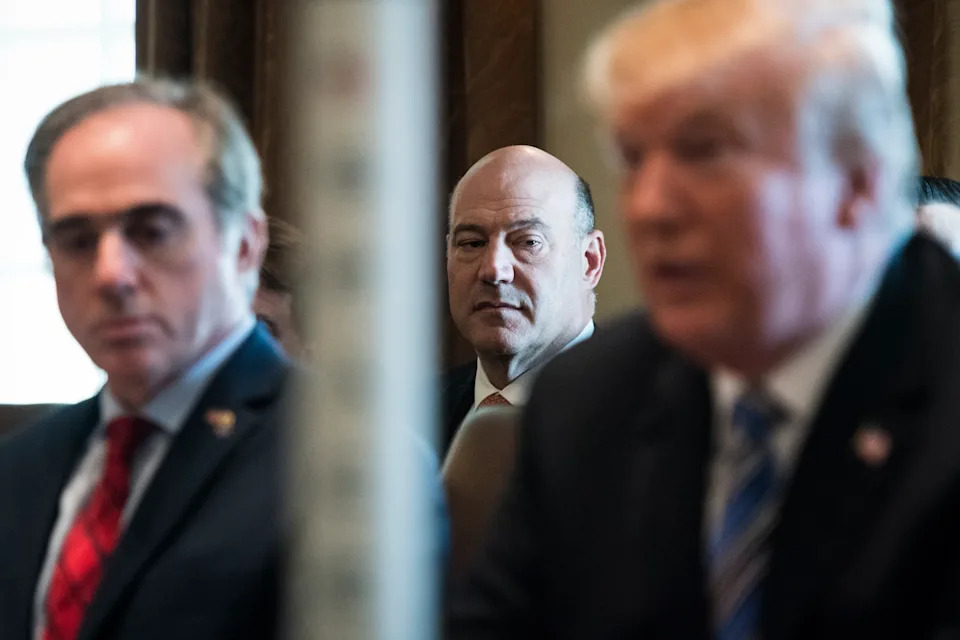
Stock market needs less policy ambiguity, former Trump economic adviser Gary Cohn says
Listen and subscribe to Opening Bid on Apple Podcasts , Spotify , Amazon Music , YouTube , or wherever you find your favorite podcasts.
Whipsawing markets could use a dose of policy certainty.
"I would tell anyone who wants to understand what's going on in markets ... that markets thrive on predictability and they thrive on uncertainty," former director of the National Economic Council and current IBM vice chair Gary Cohn said on Yahoo Finance's Opening Bid podcast (video above).
"Ambiguity is the No. 1 enemy of a market," Cohn continued. "When a company creates ambiguity in their earnings profile, in their growth profile, in their business model, the market will punish that stock. When politicians, legislators create ambiguity in the way that taxes are going to work, the way that capital gains are going to work, the way that they're going impose tariffs, they create ambiguity to a market and the market as a whole reprices."
Cohn — Trump's top economic adviser during his first term — wouldn't go as far as to say tariffs would trigger a growth slowdown as a consequence of inflation. But he is hopeful stability eventually comes to the policy matter that has been anything but stable this year.
Read more: What Trump's tariffs mean for the economy and your wallet

"We could end up in a position where the administration settles down on what they want to do with tariffs," Cohn added. "They get tax policy through Congress. They get the budget through Congress. We understand what we're doing from a financial standpoint. We understand what they need tariffs for or they don't need tariffs for. And they settle on a methodology, and we get into a very stable position."
Markets are hanging on every development of the tariff front , which may be about to come to a head.
Trump has pledged to unveil new tariffs on April 2, coining the date "Liberation Day." It's unclear what the new tariff rates will be and who they will apply to. But the president on Monday vowed "substantial tariffs" on US trading partners.
Goldman Sachs chief economist Jan Hatzius said on Monday he sees two reasons why April 2 is setting up to negatively surprise markets .
"First, administration officials have said explicitly that the soon-to-be-announced tariff rates are intended as the basis for negotiation, which incentivizes the administration to propose higher rates at the outset," Hatzius explained. "This occurred in the recent experience with Canada and Mexico tariffs, which twice involved a steep tariff rate that was rescinded mostly or entirely after a few days."